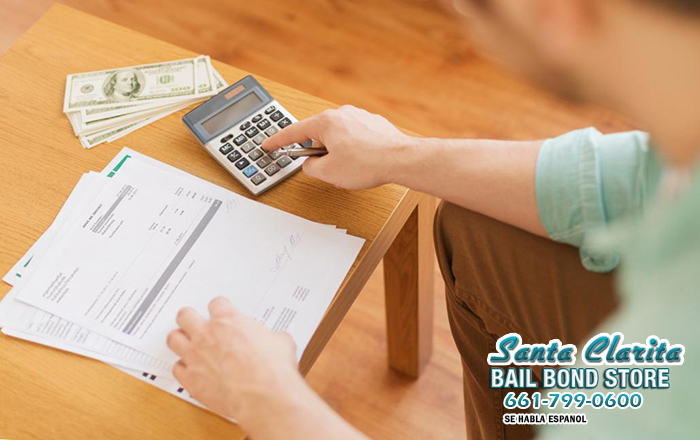
19 Feb Reasons To Do Your Taxes Erlier Than Later
The dreaded tax season is here. Hopefully you kept all of your receipts because getting your money back is the best thing out there. Unfortunately, we didn’t learn how to file taxes in school. If you were lucky, your parents were able to explain to you how taxes work. If not, you’ve had to rely on random tips, and Internet searches.
Taxes are confusing, but a few good tips on how to file them can make a major difference. Getting advices from friends, family, and co-workers is okay, but getting the correct information is important. According to Time.com there are 30 convenient tips to know when filing taxes.
Here are some of the tips:
- Find out if you actually need to file
- Have your social security number ready
- Determine your filing status
- Gather your documents
- Gather your expenses
- Understand which deduction is best for you
- Don’t forget about charity donations/volunteer hours
- Don’t forget about lotteries/gambling earnings
- Beware of what you can’t deduct
- Check your work twice, three times, or more.
- Be cautious of scams
- Know the deadline
That is a lot of information to take in all at once. If you weren’t confused before, and are now, hang in there. Just remember tax season only lasts until April. If tax season really stresses you out, you can file early. Sites like Turbo Tax highly recommend that you do start filing early. The more time you give yourself to file your taxes, the less stress you’ll feel. You won’t have to worry about cramming all your tax work in the night before they’re due.
Filing early is convenient, but also can be a juggling act. Employers have until the end of January to send out W-2s for the previous year. Most other documents needed for filing taxes typically have a similar deadline. This means that you will more than likely get all the information you need for filing around mid-February. From February to April you’ll have time to start your filing. If you start early without all your documents, be prepared to have to go back and fix things later.
The IRS typically starts accepting tax returns at the very end of January. This date of accepting returns generally changes by a few days every year. Once the IRS receives your tax return, it can take 21 days to six weeks to issue your refund check.
